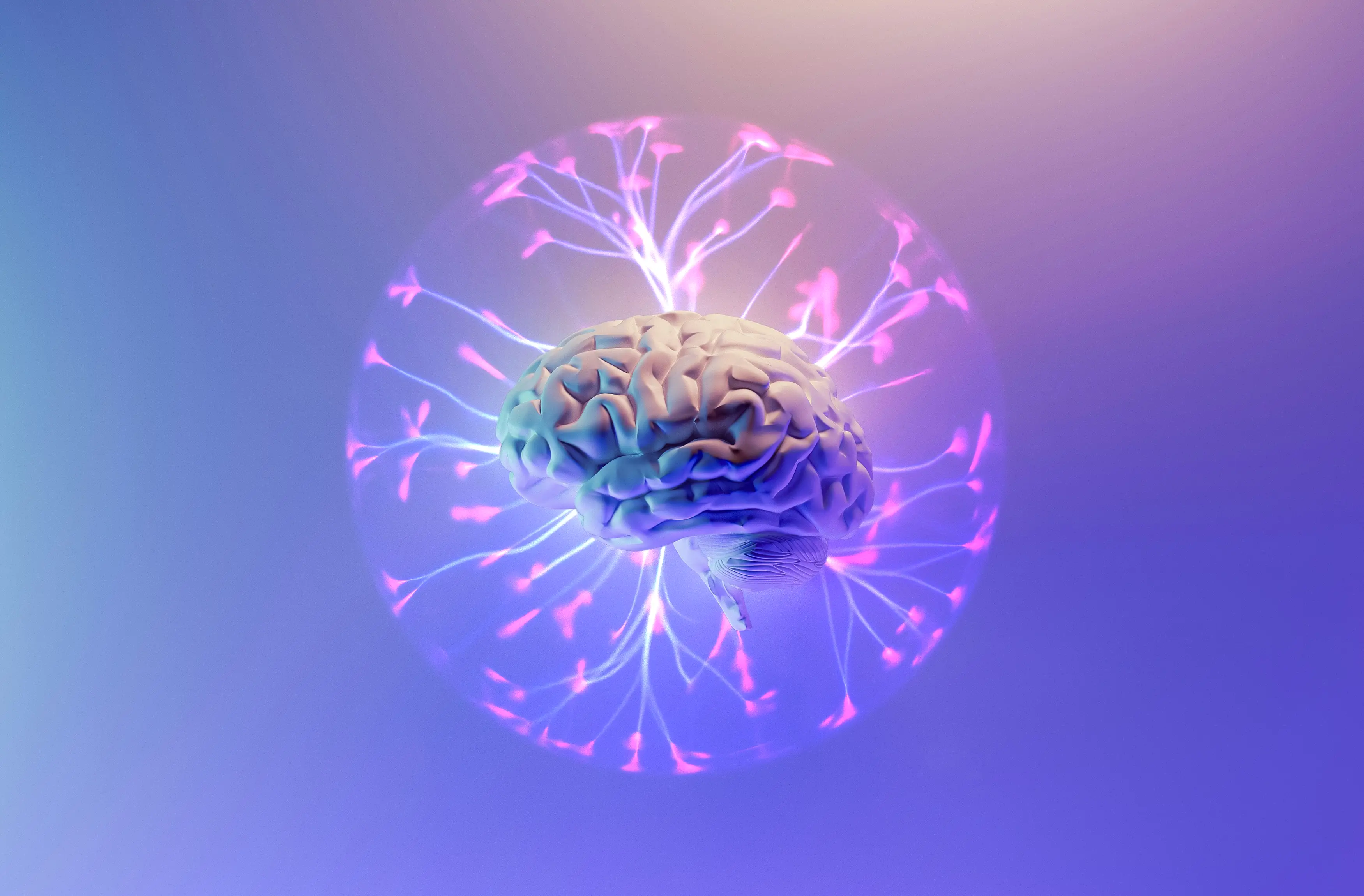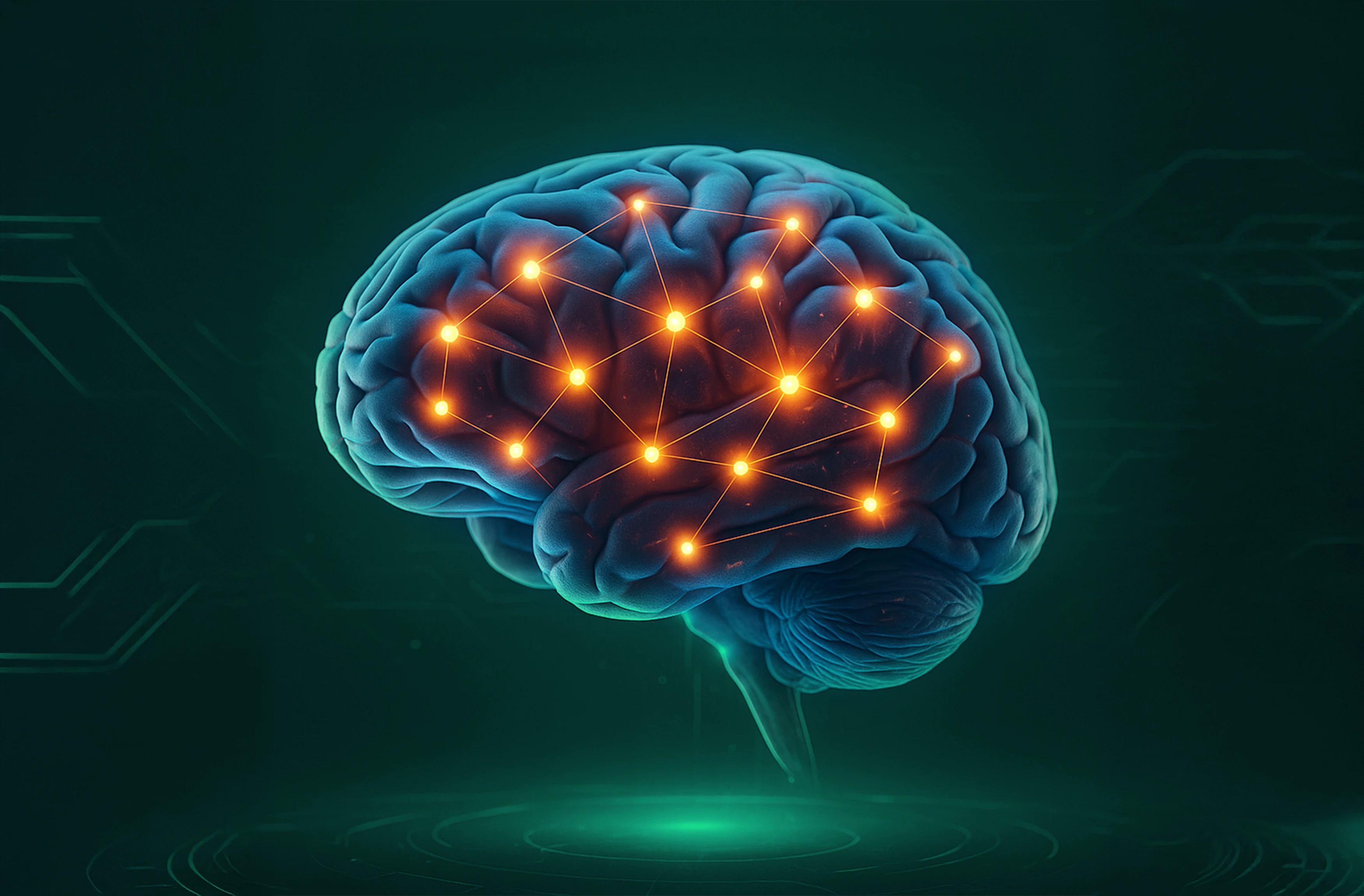Understanding Addiction and ADHD:
The Hidden Connection and Evidence-Based Treatment Approaches
Individuals with ADHD face a significantly higher risk of developing substance use disorders, with studies showing 25-40% of adults with ADHD experiencing addiction issues compared to 5-10% in the general population.
This connection stems from shared neurobiological pathways and the complex interplay between ADHD symptoms and substance use.
The Neurobiological Link Between ADHD and Addiction
Research indicates that adults with ADHD are 2-3 times more likely to develop substance use disorders. This elevated risk relates to dopamine dysfunction in both conditions. ADHD involves reduced dopamine activity in reward pathways, leading individuals to seek external stimulation through substances that temporarily boost dopamine levels.
The prefrontal cortex, impaired in ADHD, governs impulse control and decision-making. These executive function deficits make resisting immediate rewards more challenging, increasing vulnerability to addiction.
Self-Medication Hypothesis in ADHD
Approximately 36% of adults with substance use disorders have undiagnosed ADHD. Many unknowingly self-medicate ADHD symptoms through substance use:
- Stimulants (cocaine, amphetamines): Temporarily improve focus and reduce hyperactivity, mimicking ADHD medication effects.
- Cannabis: Used by 38-45% of adults with ADHD to manage anxiety, restlessness, and sleep problems.
- Alcohol: Initially reduces social anxiety and racing thoughts but ultimately worsens ADHD symptoms and sleep quality.
- Nicotine: Found in 40% of adults with ADHD (twice the general population rate), temporarily enhances concentration through dopamine release.
Common Addiction Patterns in ADHD
These substance use patterns frequently emerge in untreated ADHD:
- Earlier Onset: Substance use typically begins 3 years earlier in teens with ADHD compared to peers.
- Faster Progression: Transition from experimental use to dependency occurs more rapidly, often within 12-18 months.
- Polysubstance Use: 50% of adults with ADHD and addiction use multiple substances simultaneously.
- Higher Relapse Rates: Without ADHD treatment, relapse rates reach 70% within one year of addiction treatment.
- Behavioral Addictions: Increased rates of gambling (20%), gaming addiction (25%), and compulsive shopping.
The Role of Impulsivity and Emotional Dysregulation
Dr. Frances Levin's research at Columbia University demonstrates that impulsivity in ADHD directly correlates with addiction severity. Key factors include:
- Delay Aversion: Difficulty tolerating delayed gratification drives immediate substance use decisions
- Emotional Dysregulation: 70% of adults with ADHD experience emotional dysregulation, using substances to manage intense emotions
- Sensation Seeking: Higher novelty-seeking behaviors increase experimentation risk
Protective Factors: ADHD Treatment and Addiction Prevention
Studies by Dr. Timothy Wilens show that appropriate ADHD treatment reduces substance abuse risk by 50%. Protective strategies include:
- Early Diagnosis and Treatment: Children receiving ADHD medication show 30% lower rates of later substance abuse.
- Medication Management: Long-acting stimulants have lower abuse potential than short-acting formulations. Non-stimulant options (atomoxetine, guanfacine) offer alternatives for those with addiction history.
- Behavioral Interventions: Cognitive-behavioral therapy addressing both ADHD and addiction shows 60% better outcomes than addiction treatment alone.
Integrated Treatment Approaches
Dr. Frances Levin's "Treating ADHD and Comorbid Substance Use Disorders" (2018) emphasizes integrated treatment:
- Simultaneous Treatment: Address ADHD and addiction concurrently rather than sequentially for optimal outcomes.
- Medication Considerations:
- Start with non-stimulants in active addiction
- Monitor stimulant medications closely with frequent follow-ups
- Use extended-release formulations to reduce abuse potential
- Psychosocial Interventions:
- CBT for ADHD and substance use (12-16 sessions)
- Mindfulness-based relapse prevention
- Contingency management with immediate reward
- Support Systems: Peer support groups understanding ADHD-addiction connection show 40% better retention rates.
Screening and Assessment Guidelines
All adults presenting with substance use should be screened for ADHD, and vice versa:
- ADHD Screening in Addiction Settings: Use validated tools like ASRS-v1.1 or WURS
- Substance Use Assessment: Screen all ADHD patients using CAGE or AUDIT questionnaires
- Comprehensive Evaluation: Assess childhood ADHD symptoms predating substance use
Harm Reduction Strategies for ADHD
While pursuing treatment, these strategies minimize addiction risks:
- Structured Routines: Consistent daily schedules reduce impulsive substance use
- Alternative Dopamine Sources: Exercise, creative activities, and social connections
- Mindfulness Practices: 10-15 minutes daily meditation improves impulse control
- Sleep Hygiene: Poor sleep worsens both ADHD and addiction vulnerability
- Accountability Systems: Regular check-ins with healthcare providers or support persons
Recovery Considerations for ADHD
Recovery presents unique challenges for individuals with ADHD:
- Cognitive Deficits: Working memory and attention problems may affect treatment engagement
- Treatment Adaptations: Shorter sessions, written materials, and frequent reminders improve adherence
- Relapse Prevention: Address ADHD-specific triggers like boredom, frustration, and impulsivity
Conclusion
The connection between ADHD and addiction reflects shared neurobiological vulnerabilities, not moral failings or lack of willpower. Understanding this relationship transforms treatment approaches and outcomes. With integrated treatment addressing both conditions, appropriate medication management, and targeted behavioral interventions, individuals with ADHD can achieve sustained recovery and improved quality of life.
Dr. Levin's research demonstrates that recognizing and treating underlying ADHD in substance use disorders doubles long-term recovery rates. This evidence underscores the critical importance of comprehensive assessment and integrated treatment approaches.
Book your first consultation with Bene Fida today — and let’s find what works for you.











.jpg)

